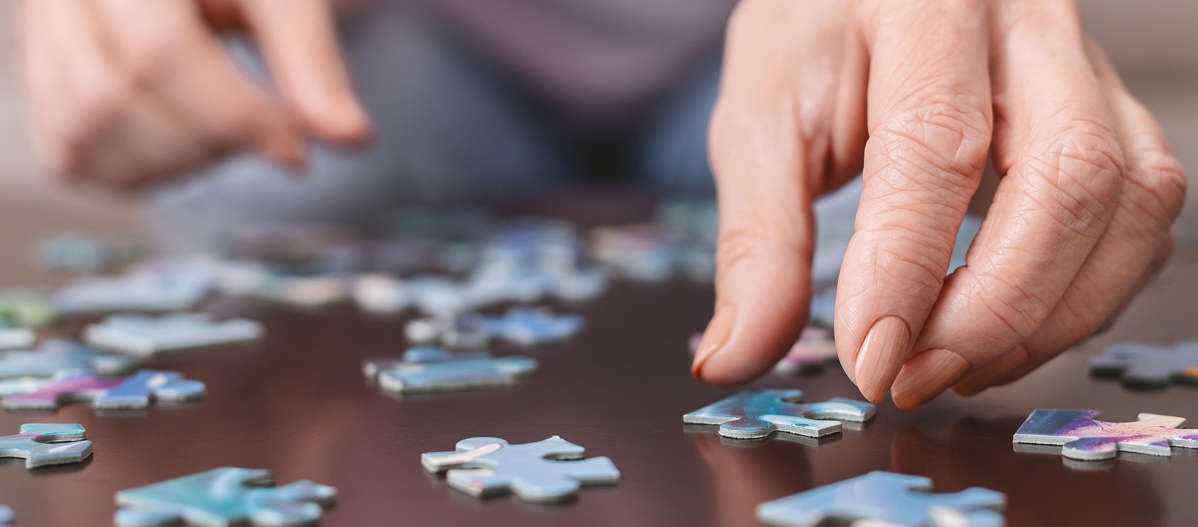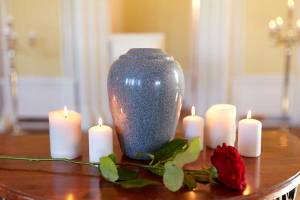(NOEL McDERMOTT) The current situation around the coronavirus is worrying for many people and in particular for the elderly who are receiving messages that they find extremely alarming, primarily that they are at enhanced risk from the virus.
You’d be forgiven for worrying about the virus being a “death sentence” for older people when it is not necessarily that. The fear and anxiety it has created is, however, in itself, a major potential mental health problem.
“Elders are susceptible to mental health issues, and reporting of mental health difficulties can be significantly underreported as well,” says Psychotherapist Noel McDermott. “At this time, there is a significant risk of the worsening of these conditions and the development of them in people who previously didn’t display symptoms. The types of issues we might see are anxiety, depression, cognitive decline in dementia conditions and an increase in alcohol abuse.”
Anxiety Attacks in Older People Becoming “Contagious”
This type of anxiety can lead to anxiety attacks, which can include shortness of breath, chest pains and fear of heart failure, racing thoughts and uncontrollable thoughts of disaster, bladder problems, sleeplessness, rapid mood shifts, increased sweating, muscle aches, fatigue…
As you can see, some of these symptoms look similar to the symptoms of Covid-19. This can obviously lead to a vicious cycle of increased anxiety-increased symptoms-increased anxiety.
Anxiety like this is ‘contagious.’ We pick up in anxiety in others, and it amplifies our own if we have it. Or it will make us feel anxious if we don’t have any to start with.
In this sense getting some social distance might be helpful!
Understanding Anxiety
One of the biggest ways to combat this type of response is to understand it thoroughly, so you can reassure yourself that you are likely experiencing anxiety, rather than any of the doom-laden thoughts your mind may give you to explain the symptoms otherwise.
Knowledge here is power.
Follow the Daily Government Briefings
A major source of anxiety is the 24-hour news cycle that tends to focus on the disasters at hand. Even worse are some of the ‘experts’ posting on social media, who distort facts and help spread misinformation.
It might be a good idea to limit your contact with these outlets, and, when you do, check in, to ensure you have chosen your information sources wisely: The World Health Organization (WHO), the national Centers for Disease Control and Prevention (CDC), the National Council on Aging (NCOA), or Idaho’s website of Official Resources for the Novel Coronavirus (COVID-19).
Key Behaviors and Activities for Managing Mental Health Impacts of Self-Isolation
- Structure and routine: The loss of structure and routine is already identified as a major mental health issue for older people, and this can be worsened at this time. (1) If you are moving to being ’self-isolated’ to protect yourself from infection then it’s important to establish a new routine as quickly as possible. Use a weekly planner, to ensure you have a routine about sleep and waking times, food, ‘work’ activity, social connections via phone or computer, catching up on news, getting outside to exercise.
- Remaining cognitively active for those with dementia: Ensure a good supply of board games, word games, investigate online support groups for dementia sufferers, get engaged in cooking, gardening, housework, playing music etc. (2)
- Exercise: Stay active, the social distancing measures still allow you to go outside, just be careful about contact with others. Go for regular walks. Do home gym sessions using books as weights, use the good old army calisthenics! Practice your yoga and if you don’t do it yet, now is a very good time to learn. Many personal trainers are offering online sessions right not, google for more information on that.
- CBT: Learn cognitive behavioral therapy techniques online, to improve your mental health toolkit. Many online resources and apps exist, and now you have the time use it to invest in evidence based tools that will. (3)
- Practice meditation: Ensure you meditate regularly, or practice mindfulness. Many meditation and mindfulness apps are available, such as Headspace, Mindfulness Daily, or Calm. You can also search YouTube to find many free, very helpful, resources.
- Stop or manage drinking: Alcohol is not going to help. Alcohol abuse in elders is a significant problem and abuse of alcohol significantly contributes to mental health problems. (4)
Get Help from Your Community
Another crucial step towards wellbeing is talking to each other. You will know the other elders in your local community, so reach out to each other. Set up telephone contacts with each other, and learn how to use Zoom and Skype to meet online. ISI
Noel McDermott is a Psychotherapist and International Speaker with over 25 years’ experience in health, social care and education.












